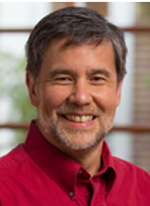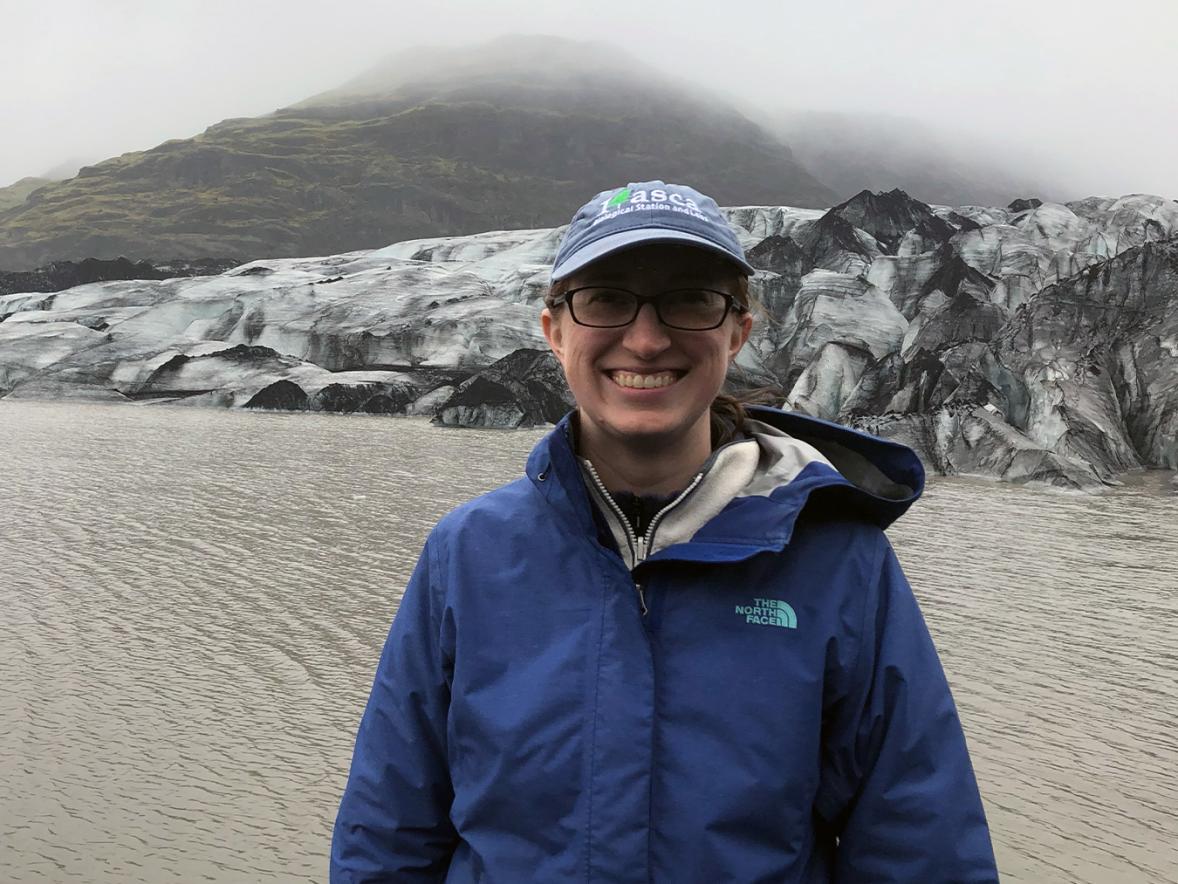The education vice president of an organization dedicated to fostering stewardship of the planet Earth through biodiversity research and educational programs will speak at University of Wisconsin-Stout on Wednesday, Feb. 26.
 Dennis Liu, vice president of education, for the E.O. Wilson Biodiversity Foundation in Durham, N.C., will speak from 1:25 to 2:20 p.m. in room 210 of Applied Arts on “E.O. Wilson’s Half-Earth Project, the Why and Where of How to Save Half the Planet for Nature.” His presentation is free and open to all. It is sponsored by the St. Croix River Association and the UW-Stout Natural Areas Club.
Dennis Liu, vice president of education, for the E.O. Wilson Biodiversity Foundation in Durham, N.C., will speak from 1:25 to 2:20 p.m. in room 210 of Applied Arts on “E.O. Wilson’s Half-Earth Project, the Why and Where of How to Save Half the Planet for Nature.” His presentation is free and open to all. It is sponsored by the St. Croix River Association and the UW-Stout Natural Areas Club.
Liu will talk about the foundation’s Half-Earth Project, formed around E.O. Wilson’s call to save half of the planet for the millions of nonhuman species that enrich lives and who everyone depends on for survival. Half-Earth is a call to protect half the land and sea in order to manage sufficient habitat to safeguard the bulk of biodiversity.
To reach diverse populations of teachers and students, Liu initiated the Half-Earth Project Educator Ambassador Initiative, providing essential new tools and materials for understanding and then taking action to save the planet’s precious biodiversity.
Amanda Little, UW-Stout biology professor and adviser of the UW-Stout Natural Areas Club, said she is excited to have Liu speak on campus and share on the Half-Earth Project. "In these days of bad news for the environment, the Half-Earth Project is taking hopeful, positive steps to protect biodiversity and stop species extinction,” Little said.
Prior to joining the E.O. Wilson Biodiversity Foundation, Liu was a director of Howard Hughes Medical Institute and head of educational media, producing multimedia science curricula and programs. The suite of educational materials includes hands on exercises, digital tutorials, virtual labs, as well as short form and long form films. His work has received numerous awards and honors including Emmy nominations, The Pirelli Top Prize for the Diffusion of Scientific Culture and Thinking, recognition from Science Magazine, and several Aurora and Telly Awards.
Born in Chicago, Liu was a zoology major at the University of Wisconsin, then received his Ph.D. in biology from the University of Oregon doing research in the Neuroscience Institute. Following postdoctoral studies, he was faculty in the department of genetics at University of Washington and then worked at Microsoft and Videodiscovery developing multimedia science content. In addition to his passion for working with students and educators, he has a particular interest in the important role of museums and nature centers in engaging people with nature, science, and culture and has been an adviser on numerous exhibits and programs.
###
Photo
Dennis Liu






